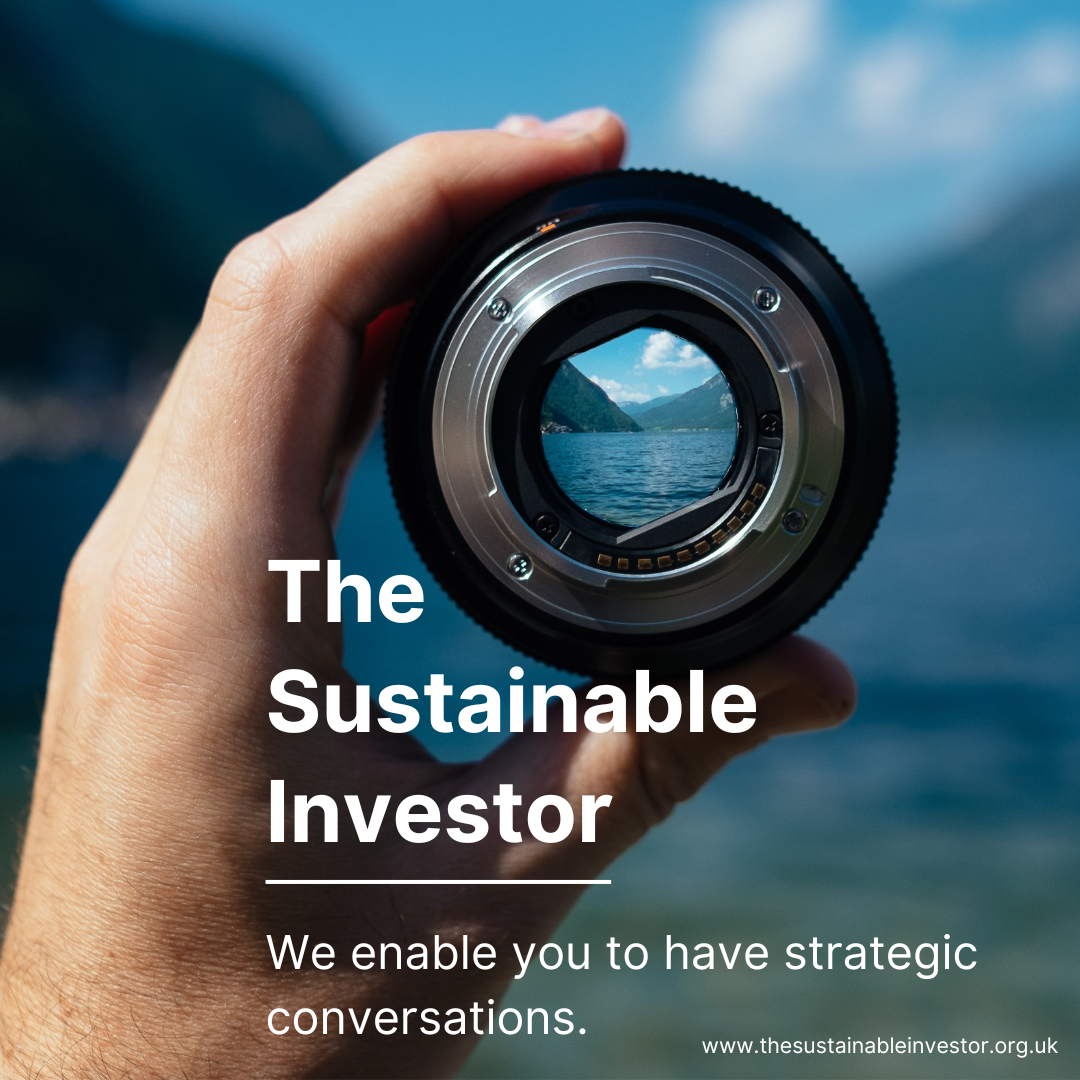
What's ESG got to do with it?
It’s very important that companies provide meaningful and useful ESG data. The key words here are meaningful and useful.
Summary: A Harvard Law School paper arguing that companies need to stay focused on the ESG issues that are most important to their businesses and stakeholders. A focus on materiality can help avoid some of the pitfalls that can lead to greenwashing - a focus for regulators. Some enlightening comments on which TCFD disclosures respondents found the hardest to deliver.
Why this is important: Companies should focus their efforts and communication “time” on the things that are “the most important to their businesses and stakeholders”.
The big theme: We think sustainability is a whole lot more than just ESG (either scoring or measurement). To us, it’s about investing in the companies providing the goods and service of the future, and/or engaging actively with the companies that need to adapt if they are to continue to have a future. But we do agree that it’s very important that companies provide meaningful and useful ESG data. The key words here are meaningful and useful.

The details
Summary of a story from Harvard Law School:
The authors believe it is imperative for companies to stay sharply focused on the ESG issues that are most important to their businesses and stakeholders. Large investors have expressed a strong belief that certain ESG factors can have a material impact on a company’s long-term financial health, and there are no signs that investors are backing away from that stance.
Regulators are also cracking down on so-called “greenwashing” – trying to hold companies accountable to ESG commitments. Investors are likely to continue demanding that companies proactively manage their material ESG risks and opportunities appropriately. However, as companies continue to act on ESG, questions remain over what companies should disclose and how.
Let's take a look at why this is important...
Why this is important
Yes, a big part of the debate needs to be about materiality. Companies should focus their efforts and communication “time” on the things that are “the most important to their businesses and stakeholders”. And yes, we understand that there are two types of materiality (the topic of an upcoming long blog).
But the other part needs to be about the detail of how companies put together their ESG reports, and how what they are doing compares with their peers and competitors. We know it shouldn’t be the case, but our experience is that the best pitch to a board as to why they need to do more is ….”your competitors are doing more and shareholders like it”.
This report is a useful summary of what current practice looks like (in the US), with a pretty useful 10 point summary of strategic considerations. Perhaps unsurprisingly, we like consideration 2 (We Are (Still) Living in a Material World) and consideration 7 (It’s A Matter of Trust). We would add No 11 - focus, investors don’t have a lot of time and avoiding padding out your message helps everyone.
You may also find this report from the TCFD useful, buried on page 62 is an interesting chart covering which disclosures respondents found the hardest to deliver. Unsurprisingly, scope 3 emissions are up there at No 2, but No 1 (so the toughest) is resilience of strategy - pretty important we would have thought.
Something a little more bespoke?
Get in touch if there is a particular topic you would like us to write on. Just for you.
Contact us
Please read: important legal stuff.

